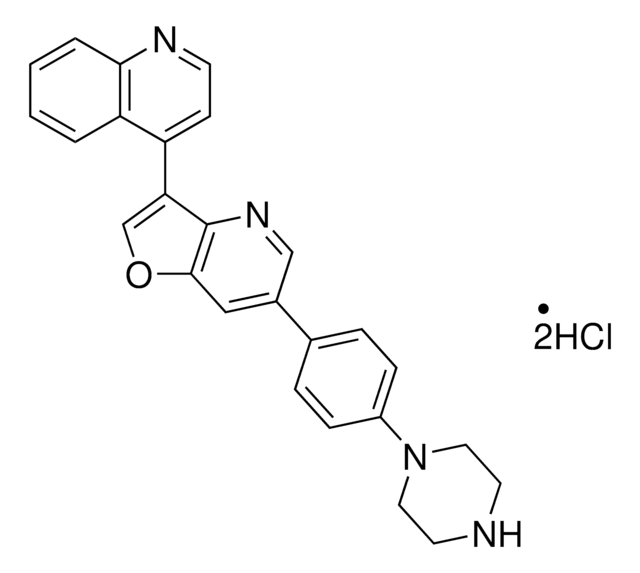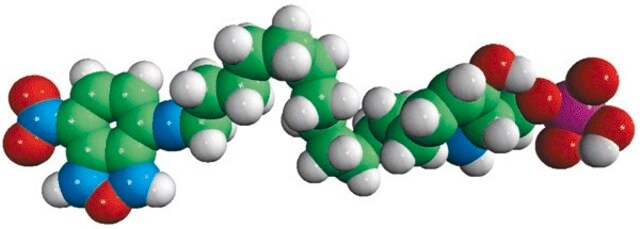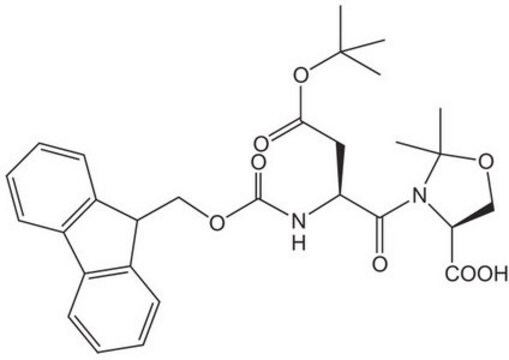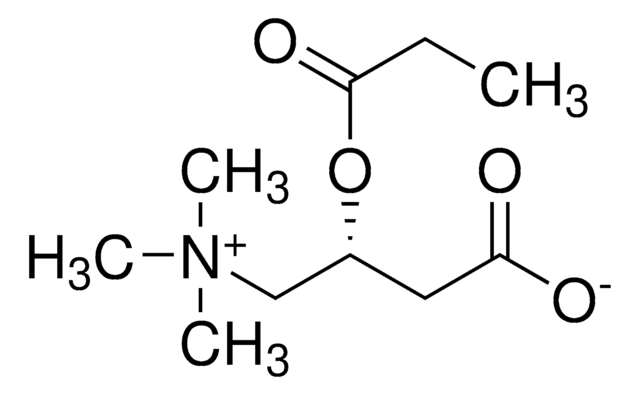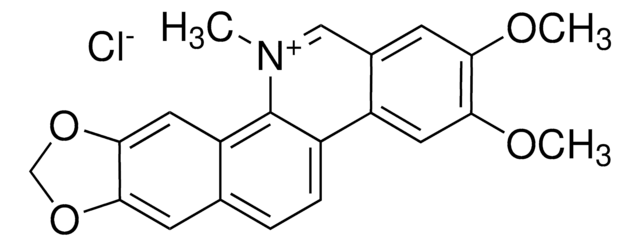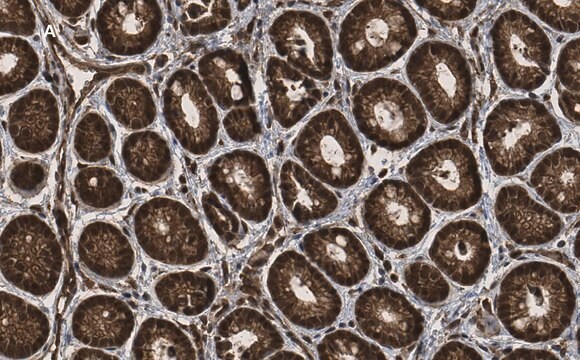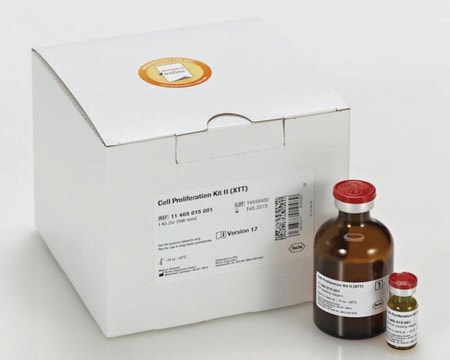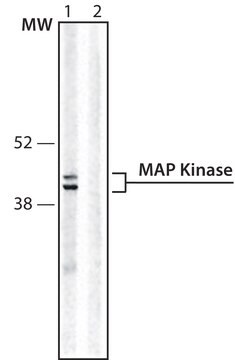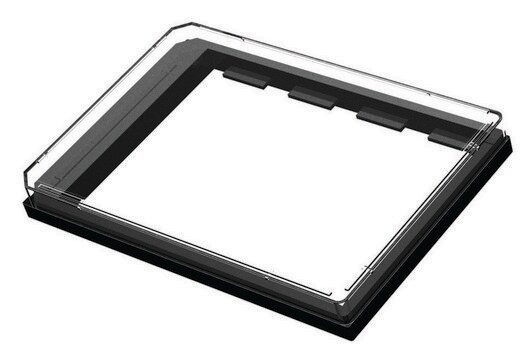810206P
Avanti
NBD Sphinganine
omega(7-nitro-2-1,3-benzoxadiazol-4-yl)(2S,3R)-2-aminooctadecane-1,3-diol, powder
Synonym(s):
D-erythro-sphinganine-N-NBD; NBD-dihydrosphingosine
Sign Into View Organizational & Contract Pricing
All Photos(2)
About This Item
Empirical Formula (Hill Notation):
C24H41N5O5
CAS Number:
Molecular Weight:
479.61
UNSPSC Code:
12352211
NACRES:
NA.25
Recommended Products
assay
>99% (TLC)
form
powder
packaging
pkg of 1 × 100 μg ((810206P-100UG))
pkg of 1 × 250 μg (810206P-250ug)
pkg of 1 × 50 μg (810206P-50UG)
manufacturer/tradename
Avanti Research™ - A Croda Brand 810206P
shipped in
dry ice
storage temp.
−20°C
General description
Sphinganine, also called as dihydrosphingosine is a common sphingoid base in phospholipids.
Application
NBD Sphinganine or omega (7-nitro-2-1,3-benzoxadiazol-4-yl)(2S,3R)-2-aminooctadecane-1,3-diol is suitable for the analysis of the dihydrosphingosine (DHS) localization to endoplasmic reticulum for the activation of activating transcription factor 6 (ATF6) protein.
NBD Sphinganine or omega(7-nitro-2-1,3-benzoxadiazol-4-yl)(2S,3R)-2-aminooctadecane-1,3-diol is suitable for the analysis of the dihydrosphingosine (DHS) localization to endoplasmic reticulum for the activation of activating transcription factor 6 (ATF6) protein.
Packaging
5 mL Amber Glass Screw Cap Vial (810206P-100UG)
5 mL Amber Glass Screw Cap Vial (810206P-250UG)
5ML Glass Amber Screw Cap Vial (810206P-50UG)
Legal Information
Avanti Research is a trademark of Avanti Polar Lipids, LLC
Storage Class
11 - Combustible Solids
wgk_germany
WGK 3
flash_point_f
No data available
flash_point_c
No data available
Certificates of Analysis (COA)
Search for Certificates of Analysis (COA) by entering the products Lot/Batch Number. Lot and Batch Numbers can be found on a product’s label following the words ‘Lot’ or ‘Batch’.
Already Own This Product?
Find documentation for the products that you have recently purchased in the Document Library.
Junliang Wan et al.
Journal of agricultural and food chemistry, 67(46), 12953-12961 (2019-10-23)
Most common sphingolipids are comprised of "typical" sphingoid bases (sphinganine, sphingosine, and structurally related compounds) and are produced via the condensation of l-serine with a fatty acyl-CoA by serine palmitoyltransferase. Some organisms, including mammals, also produce "atypical" sphingoid bases that
Our team of scientists has experience in all areas of research including Life Science, Material Science, Chemical Synthesis, Chromatography, Analytical and many others.
Contact Technical Service
